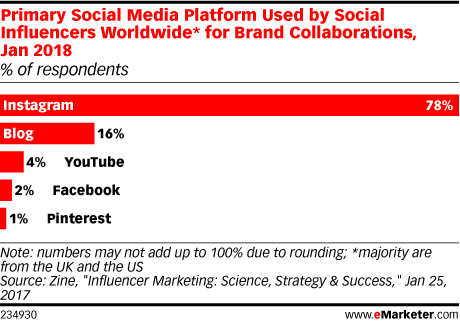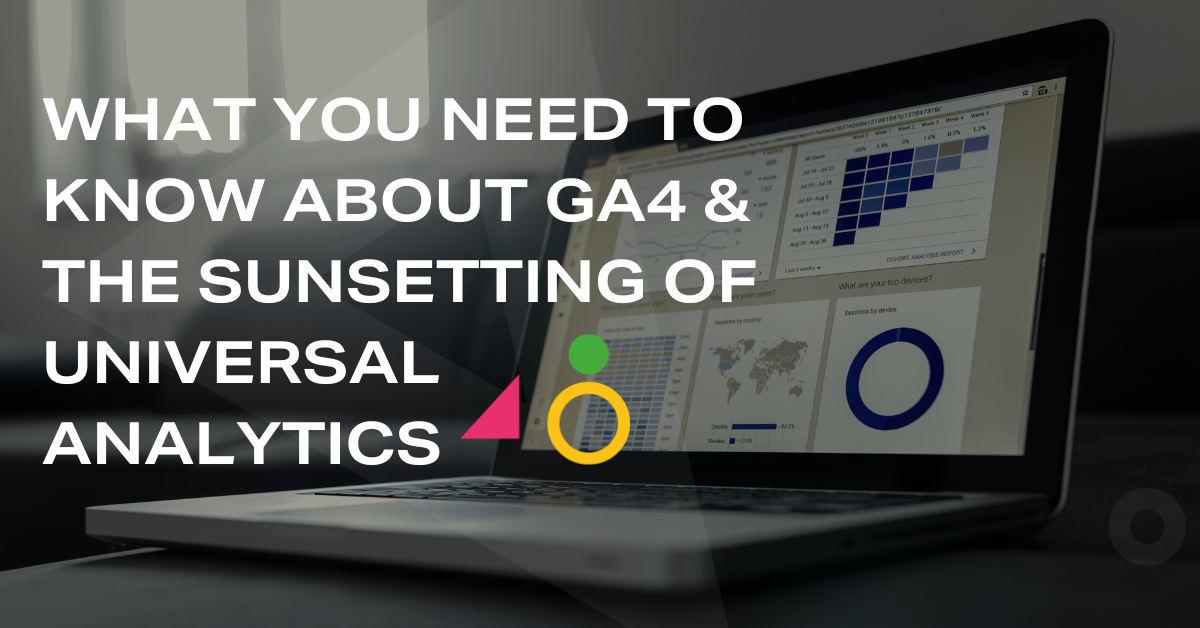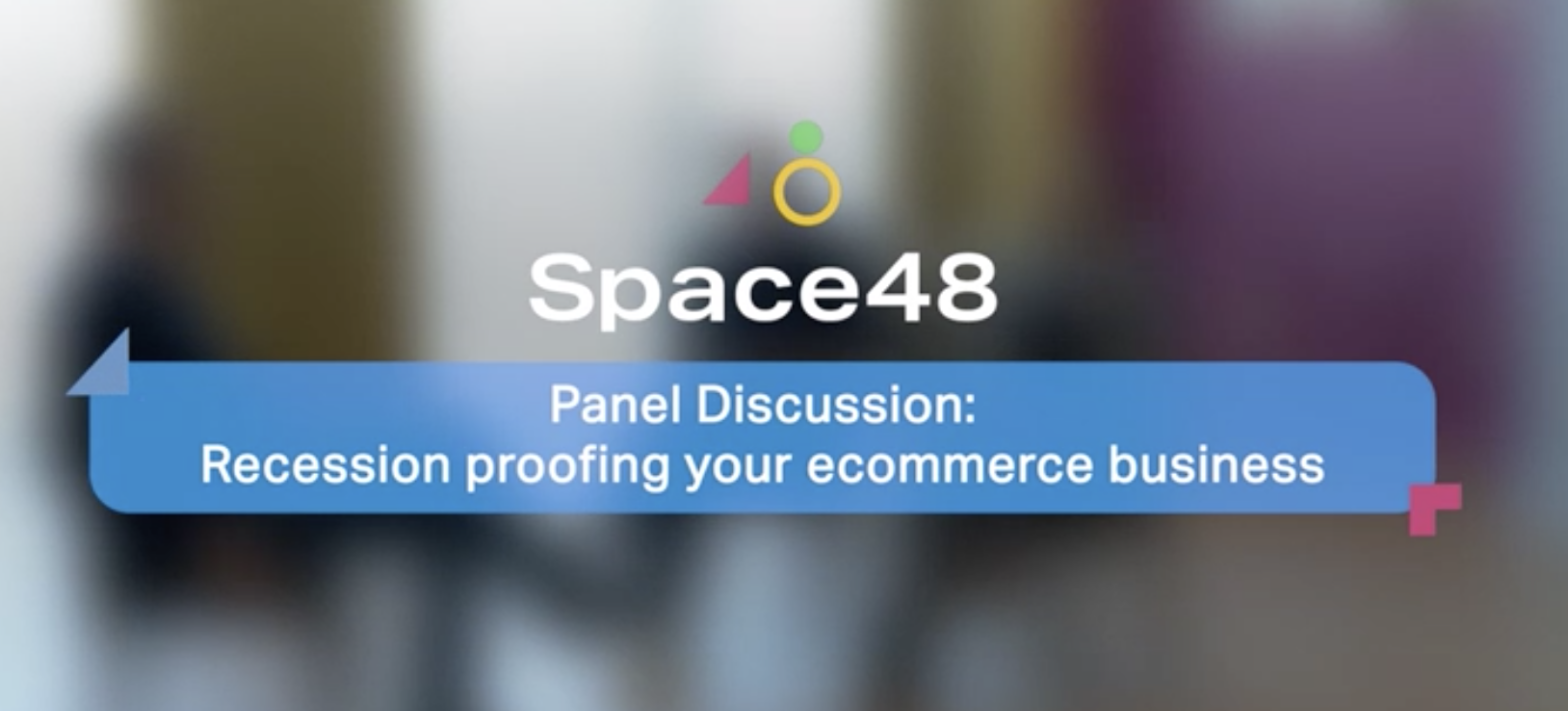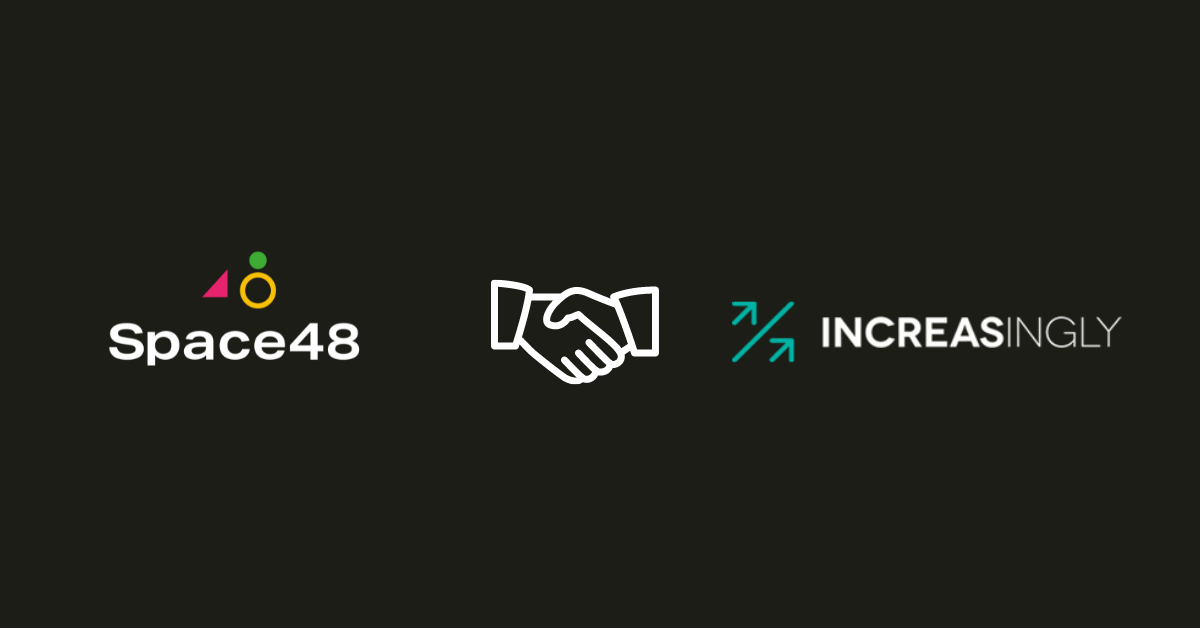
Influencer marketing & ecommerce: a match made in heaven?
It’s now well known that influencers can help raise brand awareness, drive engagement and boost conversions for brands, especially via social media. Consumer decision-making nowadays is heavily influenced by, well, influencers! Retail brands are increasingly exploring the best ways to leverage influencer marketing to increase performance and build social proof.
Ecommerce Strategist at Space 48, Stephen Elldred explores the power of influencer marketing in ecommerce and asks, “is it a match made in heaven?”
How influencers affect consumer decision-making
According to a 2016 study by OMG and Annalect, almost 40% of Twitter users have made purchases after seeing an influencer tweet about a product. However, when it comes to influencers’ channel of choice, Instagram is the place to be. Research from Zine discovered that nearly 80% of influencers prefer to use Instagram for brand collaboration over other channels. Just take a look at this revealing chart from eMarketing below:

It’s only natural that ecommerce brands and retailers start leveraging influencer marketing to drive more sales for their products. It’s a no-brainer.
Evidence shows recommendations that come from influencers, whether on social media or via other channels, are highly effective. Consumers increasingly trust in word-of-mouth and recommendations from friends and family above advertising, as people want to see customer reviews and other forms of social proof before making a purchase.
As consumers grow more aware of the kind of advertising methods they’re targeted with, browsing behaviours are becoming more savvy and sophisticated. Traditional forms of marketing still help to build brand awareness, whilst influencers and UGC (user-generated content) help add more personal and genuine voices into the buying process.
The power of influencer marketing in ecommerce
The beauty of influencer marketing is that it’s not tarred with the brush of traditional advertising, particularly if an influencer posts about a particular topic or brand of their own accord. Consumers are therefore not only more likely to listen due to their pre-established trust in the individual, they’re less likely to suspect the person of having a hidden agenda.
When influencers post positively about your brand, they help you win the trust of your target audience while at the same time generating buzz. Influencer marketing is a key form of social proof with the added benefit of creating much bigger impact. Why is that the case? Because of the potential influencer’s audience size and reputation.
How to leverage influencers for your retail brand
It’s clear that influencer marketing and ecommerce can be a match made in heaven, but how exactly can you leverage it to drive sales for your ecommerce business?
First of all, you need to make sure the influencers you work with are relevant to your target audience. This means you need to look for influencers and micro-influencers whose audience is made up of people within your target demographic.
The content created by influencers can help generate buzz and stir your audience’s interest on social media. You can further leverage this content by displaying it on your product pages and in your email marketing campaigns. This will act as visual UGC and social proof that can help drive sales for your ecommerce brand.
Beauty brands, like Charlotte Tibury, use photo tagging feeds on their retail websites to allow people to tag their products in social media posts and, once verified, these are featured on a dedicated page. Check out Charlotte Tilbury’s “Tag Your Tilbury” page. Encouraging this kind of social engagement can really help to increase awareness, site traffic and product purchases!

The main aim of influencer marketing, of course, is to drive traffic to your website in order to make sales. The right influencers can be a highly effective source of traffic. When they promote a particular product or range of products, make sure they share a link to the relevant page on your website instead of just mentioning it.
Fashion and beauty are industries where brands have had a lot of success with influencers, due to the rise of beauty vloggers, such as Tanya Burr, Ruth Crilly and Zoella, and influencers sharing tips and tutorials on YouTube and other social media channels. Getting a mention or having your products featured by these “everyman” personalities can create a real buzz for your brand.
Working effectively with influencers
Collaborating with bloggers and YouTubers is a fairly simple process, but it can be more challenging with Instagram influencers, since they only have one space to add a URL. Instead of having them change the URL in their bio for each new post (something influencers don’t tend to like doing), you could have them promote a link to a unique landing page created for them within your website. This landing page could display some of their favourite products, which their followers can buy. This deeper experience can help to increase the advocacy effect and could drive multiple conversions per customer.
Summary
These are just a few ways you can work with influencers. You need to leverage the trust an influencer has established with their followers to influence your target audience. If influencer marketing sounds like it could benefit your ecommerce business, you just have to start implementing these tactics into your marketing strategy to drive conversions.
Want more great tactics to help boost your ecommerce strategy this year? Why not get our handy guide to creating an effective ecommerce roadmap for your retail business? Download our free guide and supercharge your performance in 2018!
{{cta(‘d70e0857-f300-43a5-8ba3-8103761f6f7f’)}}
Space 48 is a leading UK ecommerce consultancy, based in Manchester. Our experienced ecommerce experts and website developers help retailers to create award-winning ecommerce websites and successful omnichannel strategies. Why not get in touch today or book a free consultation with one of our ecommerce strategists and see how we can help you improve?





